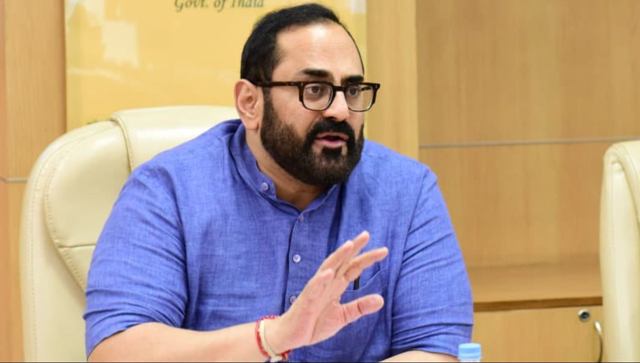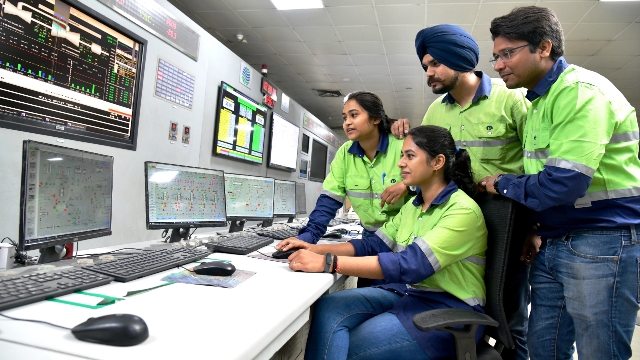New Delhi: In a presentation on India’s digitisation progress over the past nine years under Prime Minister Narendra Modi, Union Minister Rajeev Chandrasekhar announced that the government would implement regulations to safeguard “digital citizens” from potential harm caused by Artificial Intelligence (AI).
Chandrasekhar expressed concerns about the increasing toxicity and criminality prevalent on the internet and affirmed the government’s commitment to thwarting attempts to harm online users.
With an estimated 85 crore Indians currently using the internet, the number is expected to rise to 120 crores by 2025, the minister acknowledged the need for stringent measures against crimes like doxing, which involves maliciously disclosing private and identifying information without consent.
Chandrasekhar recognised that law and order fall under the jurisdiction of state governments and emphasised the importance of collaboration between the centre and the states in implementing effective initiatives.
Chandrasekhar, who serves as the Minister of State for Entrepreneurship, Skill Development, Electronics & Technology, also disclosed that consultations with stakeholders on the Digital India Bill would commence this month. Additionally, he mentioned that a new personal data protection bill would be introduced in Parliament in the near future.
During his recent visit to India, Sam Altman, the CEO of OpenAI, a research lab supported by Microsoft, held discussions with Prime Minister Narendra Modi. Altman’s visit included engagements with various institutions and the media. Altman shared his insights on the transformative potential of AI and its implications for employment. While acknowledging AI as a disruptive force, Altman reassured that it would not lead to the demise of permanent jobs. He emphasised the urgency for governments to adapt and establish new socioeconomic agreements in response to the rapid advancements in AI technology.







